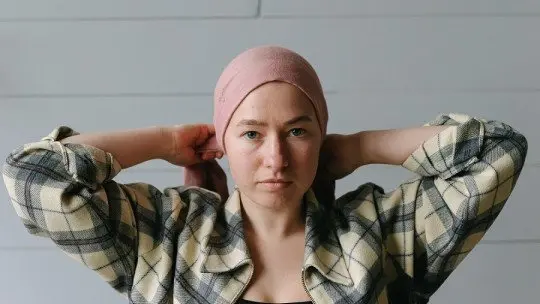
Going to psychological therapy has become normalized to the point where, today, taking care of our mental health is as important as addressing any other type of illness. But, just as there are many pathologies that can lead us to consult a specific specialist, the same therapy should not be applied to all patients. What may work in one specific case may fail in another.
Therefore, it is essential to adopt the correct therapeutic tools and strategies to treat patients. In addition, mental health professionals are increasingly encountering more complex scenarios.
Comprehensive vision for personalized therapy
An increasingly popular and demanded option is Strategic and Integrative Therapy since it offers a comprehensive vision of psychology, allowing the characteristics of the problem to be identified and the type of therapy to be adapted to each person.
This therapy offers a therapeutic approach that combines principles from different schools of psychotherapy that complement each other. Her goal is to provide practical, solution-oriented interventions to help clients overcome their problems and achieve their goals.
Some key aspects of Strategic and Integrative Therapy include the pragmatic approach to current problems goal orientation with clear and specific goals, interventions designed to bring about change and adaptability to the patient with the integration of a variety of therapeutic techniques.
Strategic Therapy
According to this strategic approach, many of the problems we face are the result of how we interact with reality. When faced with the perception of a problem, it is analyzed and intervened directly to find out how it works and is maintained in the present and thus achieve change to improve the future.
The therapist has the skills necessary to help the client identify and define clear and specific goals for the therapeutic process. Likewise, she uses strategic questions and persuasive communication techniques to help clients think differently about their problems, discovering new perspectives and possibilities.
The aim is to break the vicious circle in which you are blocked and overcome your situation. They are also accompanied to make decisions and actions that lead to change.
A strategic and integrative therapy
Strategic and Integrative Therapy – Acció Psicologia model allows adding new updated concepts and new intervention strategies and protocols to the bases of Strategic Therapy developed by the different schools of brief therapy and systemic therapy, in addition to neuroscientific-based approaches. The therapy will always adapt to the patient and not the patient to the therapy.
If the therapist considers working through the traumatic experience strategic for the patient’s improvement, the family history, the type of learning they have had in the construction of their beliefs and their style of relational dynamics, will be aspects that they can use. The good strategy is the one that works.
Master in Strategic and Integrative Therapy
Psychologists, therapists and health professionals are increasingly seeking to specialize in this discipline that brings together different elements adaptable to the different populations and ages that request help. In this context, NUS Agency has created the Master of Continuing Training in Strategic and Integrative Therapy, accredited by the University of Nebrija, to provide professionals with the necessary notions to be able to apply this dynamic and practical approach in their consultations. This training lasts one year and is carried out in a live online format with tutored sessions.
The master’s degree encompasses the brief therapy model born at the Mental Research Institute of Palo Alto: Strategic, systemic and relational dynamic Brief Therapy in families (parents and children and couples), as well as neuroscientific concepts (neuropsychology, self-regulation strategies, trauma and attachment) and knowledge of neuropsychological diagnosis and psychopharmacology.
The differential of this training, in addition to the original content that brings together the integrated concept, is the presentation of real clinical cases from the beginning to the end of treatment and supervision of the patients’ own cases and practical sessions.
Once finished, Graduate students will have access to a very broad labor market and the ability to work with different populations and diversity of symptomatology.
What professional opportunities are there after training in Strategic and Integrative Therapy?
Strategic and Integrative Therapy students have a variety of career opportunities in the field of mental health and well-being. Some of the options include:








